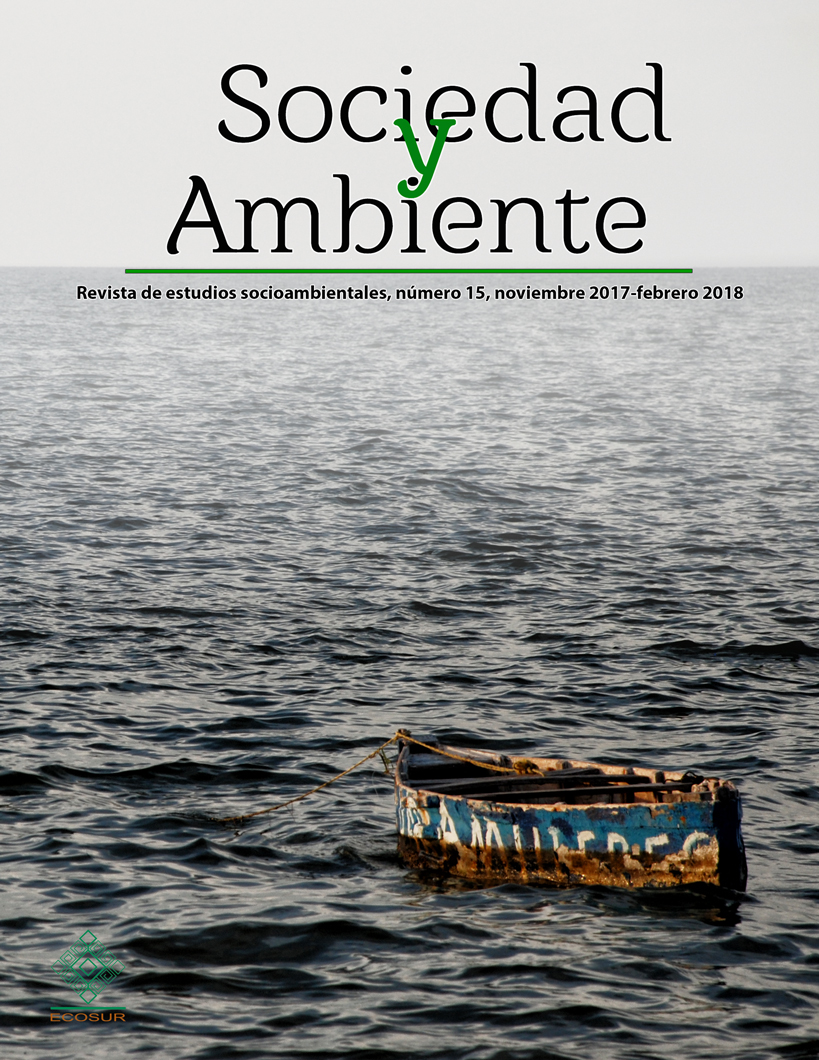Abstract
It is essential to identify and evaluate emerging zoonotic diseases in southeastern Mexico, since they pose a significant threat to public health. Anthropogenic changes, such as deforestation, the establishment of monocultures, increased urbanization and human population density are responsible for most emerging zoonotic infectious diseases. Emerging event forecasts indicate that in countries with tropical environments (such as Mexico), there is a greater diversity of zoonoses transmitted by wild animals, which must be rapidly contained and treated to prevent possible outbreaks of dengue hemorrhagic fever and other viral haemorrhagic fevers (VHF). It is important to have up to date data on possible areas of distribution and ecosystems of mammalian species (particularly rodents and bats), which can be potential reservoirs or vectors of several VHF, in order to create models with base information to contain outbreaks of VHF, and to detect changes in the environments and distribution of species affected by human activities.

Sociedad y Ambiente by ECOSUR is licensed under a Creative Commons Reconocimiento-NoComercial-SinObraDerivada 2.5 México License


